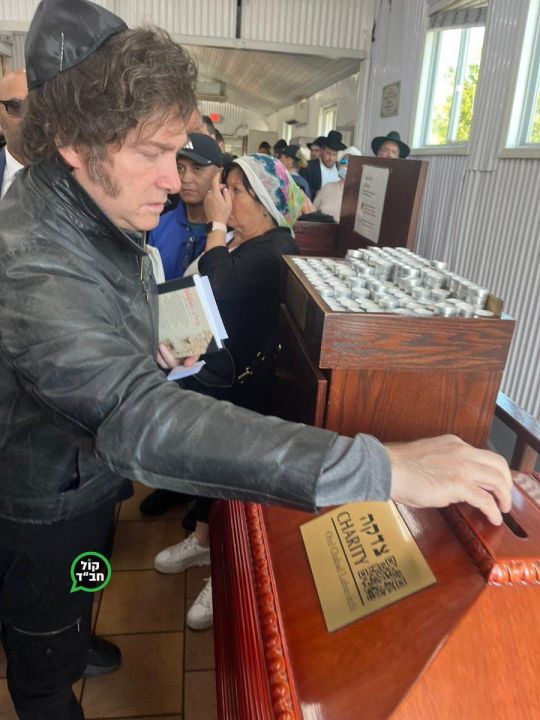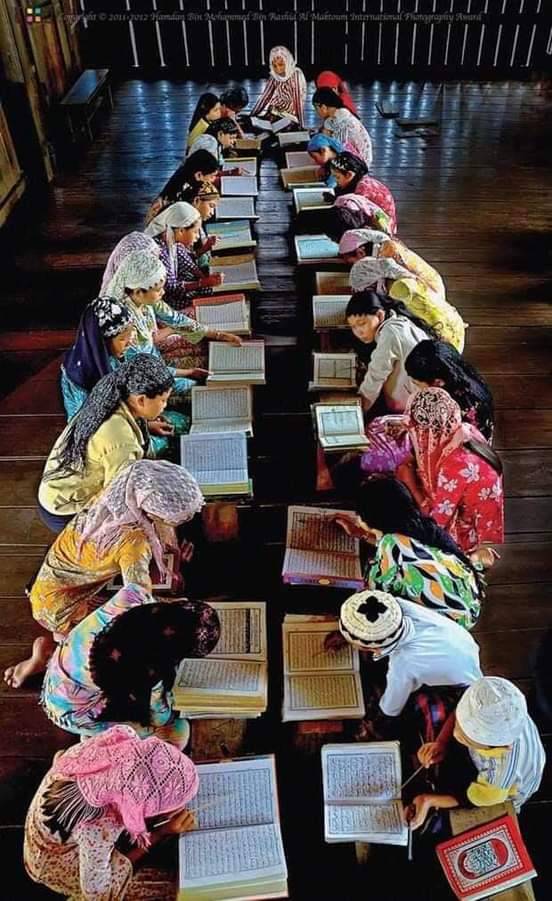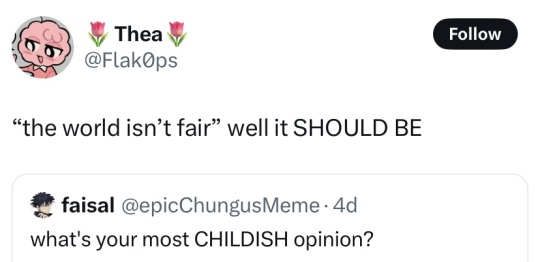#lubavitcher rebbe
Explore tagged Tumblr posts
Text
Chanukah is the time to awaken the hidden light within us, to shine brightly even when the world around us is dark.
Lubavitcher Rebbe
60 notes
·
View notes
Text

President of Argentina Javier Milei was seen today at the Lubavitcher Rebbe’s Ohel in New York, Praying at the Rebbe’s resting place. 🇮🇱❤️🇺🇸
38 notes
·
View notes
Text

2 notes
·
View notes
Text

Imagine you could open your eyes to see only the good in every person, the positive in every circumstance, and the opportunity in every challenge.
6 notes
·
View notes
Text
Not like the earthen golem of Czech fame, Laid low, and in some dusty attic stowed Here at our sea-washed, sunset gates there strode A mighty woman with a torch, whose flame Was the imprisoned lightning; and a Name Writ on her forehead. In her crown there rode The Rebbe, and his face with Torah glowed “Sh’ma Yisrael HaShem elokeinu HaShem echad” prayed he Then, with silent lips: “Save them, Your tired, Your poor, Your huddled masses yearning to break free, The wretched refuse of your demon war. Save these, the hopeless, battle-tossed, for me, I lift my lance beside the golden door!”
2 notes
·
View notes
Text
youtube
What did the Rebbe say to Netanyahu and why was his inspired by this powerful rabbi?
#Israel#BenjaminNetanyahu#holyland#Netanyahu#BibiNetanyahu#Rebbe#ChabadLubavitch#lubavitch#God#WalktheBible#Youtube
2 notes
·
View notes
Text
[ Image Description: A tweet from @/epicChungusMeme that has been quote re-tweeted by @/FlakØps. The tweet reads, "What's your most [capitals] CHILDISH [end capitals] opinion?" The re-tweet says, "'the world isn't fair' well it [capitals] SHOULD [end capitals] be." End Description. ]

#fairness#childhood#rabbi tzvi freeman#wisdom to heal the earth - meditations and teachings of the lubavitcher rebbe
22K notes
·
View notes
Text
there's something so charismatic about the specific american chabad dialect (ie. chabadniks in isr just speak modern hebrew) and it's selective use of poylishe phonology
1 note
·
View note
Text
BATMAN AS: AND THE CHILD IS RIGHT
“What is it that the child has to teach?
The child naively believes that everything should be fair and everyone should be honest, that only good should prevail, that everybody should have what they want and there should be no pain or sadness.
The child believes the world should be perfect and is outraged to discover it is not.
And the child is right.”
― Tzvi Freeman, Wisdom to Heal the Earth - Meditations and Teachings of the Lubavitcher Rebbe



Detective Comics (2016) Issue #999
#my thingy#meta#dc#batman#bruce wayne#does this make ANY fucking sense whatsoever?????#am i talking nonsense????#DO YOU GET IT??????#AM I MAKING SENSE??????
125 notes
·
View notes
Text
When you light the menorah, you are not just commemorating an ancient miracle. You are revealing the hidden light that has been within you all along.
Lubavitcher Rebbe
30 notes
·
View notes
Text


31 notes
·
View notes
Text
"In a long and fascinating letter, the fourth Lubavitcher rebbe, Rabbi Shmuel, known as the Rebbe Maharash, explains that although some Kabbalists were of the opinion that animals don’t have immortal souls, according to the teachings of the Arizal animals do in fact have independent souls, and they do go to heaven. The Arizal is generally considered the final arbiter for all Kabbalistic teachings.
The Arizal explains that every created entity possesses a “soul.” This includes everything from rocks and other inanimate objects to animals and, of course, people. This soul or “spark of G‑dliness” not only sustains the creation’s existence, but it imbues the creation with its purpose and significance in the world."
66 notes
·
View notes
Text

FUN FACTS ABOUT ADAR
Adar contains the holiday of Purim, which commemorates the salvation of the Jewish people in ancient Persia from a genocidal plot by the wicked vizier Haman to “destroy, kill and annihilate all the Jews, young and old, infants and women, in a single day.” (Esther 3:13) God saved us through His servants Esther and Mordechai, and Haman was “hoisted with his own petard” and hanged on the gallows he built for Mordechai. Purim is a holiday of feasting and merriment. Customs include hosting meals, giving generously to charity, delivering sweet treats to friends, and attending public readings of the Megillah (Book of Esther) which recounts the miraculous events.
Moses was born on the 7th of Adar. (He also died on that day, which is considered a particular blessing.) The Lubavitcher Rebbe teaches that a person’s soul shines stronger on his or her birthday. Every generation of Jews contains a spark of Moses, who brought us the Torah and led us to the Promised Land. Therefore Moses’ birthday is like the collective birthday of the Jewish people and all of our souls shine brighter at this time.
The Zodiac sign for Adar is Pisces, the fish. Traditionally fish are a sign of blessing and fertility. We are likened to fish because just as fish need to be immersed in water to thrive, the Jewish people need to be immersed in Torah to thrive. A Jew without Torah is a fish out of water.
Adar is related to the word “adir” which connotes strength and power. The Rebbe points out that the term “adir” is used to refer to the Jewish people.
Adar was the last month the Jews spent in Egypt before the Exodus. Part of the excitement of Adar is the anticipation of the next holiday, Passover, the time of our liberation.
28 notes
·
View notes
Text
Shout out to Shulem-Yontif son of the Esroger Rebbe (from The Forbidden Book by Sacha Lamb) and his name for melting my friends' brains this Shabbat.
Top quotes include:
“Yontif?????”
“Didn’t know Yontif could be a name”
“Wait like etrog ???”
“The etrog rebbe???”
“Shul man Yontif wow…”
“What did you name yourself again? Yehuda Yocheved? Yeah…” (one of the harshest burns I’ve ever gotten)
“I need a picture of an etrog with the Lubavitcher rebbes beard and hat on it”
#the forbidden book#sacha lamb#jumblr#apologies to any Yontifs out there we just didn’t know it could be a name#I’m only halfway through the book so no spoilers
10 notes
·
View notes
Text
The Rebbe put his hands over his face. “Only the Holy One knows why so many people have goats in Brooklyn,” he said, “or why they all come to me. But no, I think I am done for the night. Tell them to pray to God for advice, and also that if they want to own goats they should really move somewhere more rural. Actually, dismiss everyone else for tonight, give them my apologies, but I have some work to do.”
2 notes
·
View notes
Text
youtube
Israel is haunted by the prophecies of Messiah, the Moshiach in Hebrew, and the Rebbe, a famous rabbi taught the Jews must prepare for Messiah.
#Rebbe#Moshiach#Messiah#TheMessiah#ChabadLubavitch#lubavitch#thirdtemple#jerusalemtemple#jerusalem#israel#templemount#WalktheBible#biblicalarchaeology#SolomonsTemple#templeofthelord#bible#scripture#paulbackholer#MaryBackholer#Backholer#BenjaminNetanyahu#benjaminnetanyahu#Jesus#God#BeitHaMikdash#Kohanim#levites#templepreparations#ancientisrael#biblearchaeology
1 note
·
View note